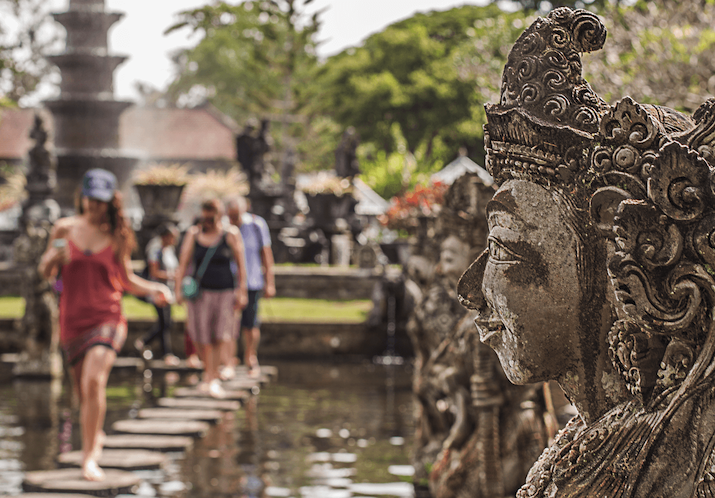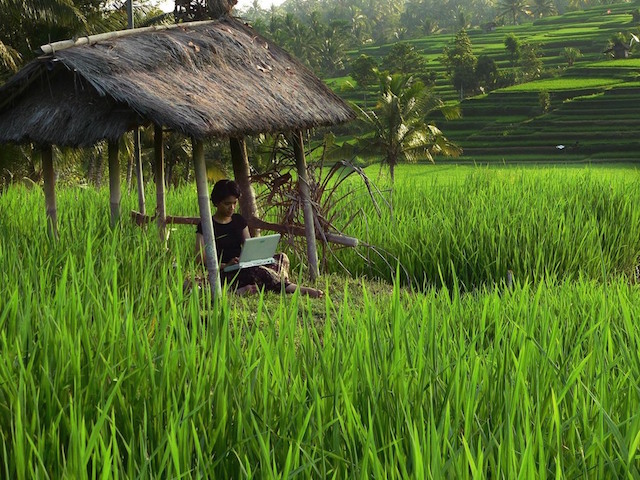Should you be a digital nomad in Bali?
In 2016, my wife and I decided to fly to Bali and stay for 2 months as digital nomads. The opportunity would allow us to explore the country, as well as live as locals and stay in a location long enough to embrace the culture and the lifestyle. It was an interesting experience. And what …

